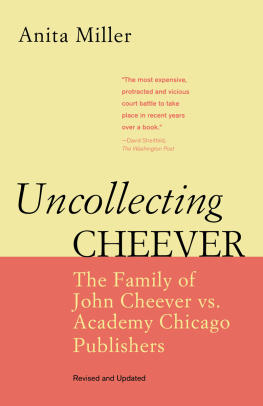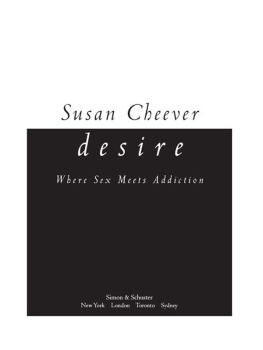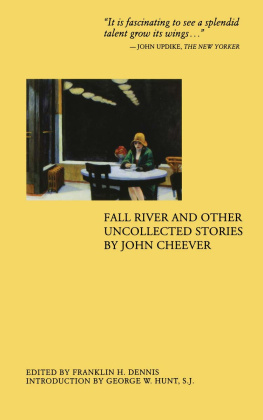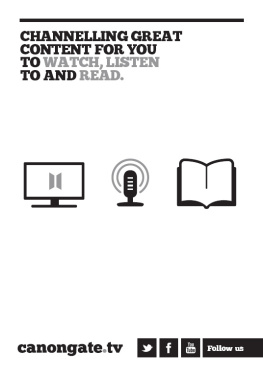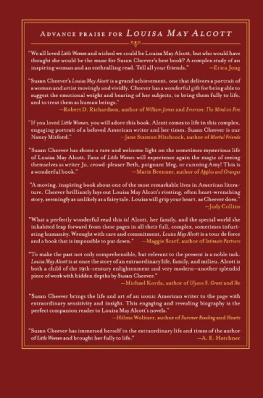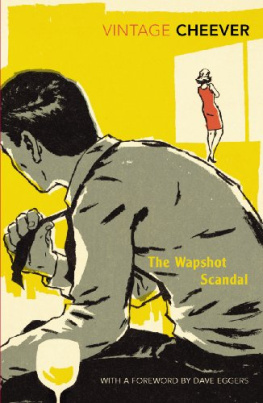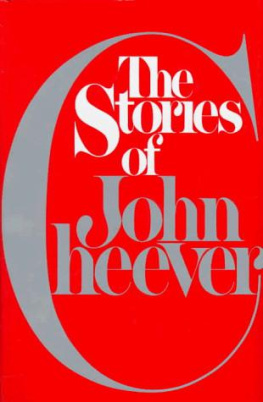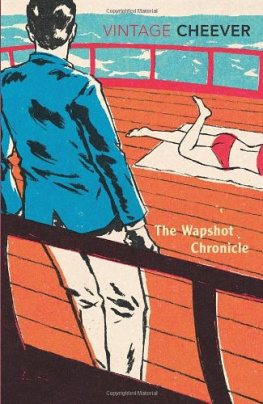

Published in 2009 by
Academy Chicago Publishers
363 West Erie Street
Chicago, Illinois 60654
Copyright 1998, 2009 by Anita Miller
First hardcover edition 1998 by Rowman & Littlefield Publishers, Inc
First paperback edition 2001 by Rowman & Littlefield
Revised and updated paperback edition 2009 by Academy Chicago Publishers
All rights reserved. No portion of this book may be reproduced in any form print or electronic without the express written permission of the publisher.
CIP data on file with the publisher
For Jordan
and
Mark, Bruce, and Eric
Contents
Name Index
Preface
There are ten different ways to intimidate a small press. They cant afford a substantial insurance policy and they probably cant afford the quality of lawyer that the [larger] publishers have. As the major publishing companies, for economic reasons, start to publish fewer books and fewer controversial books, the smaller presses have to pick up that load. If the smaller presses are facing these kinds of pressures, youre going to have a whole range of books that cannot find a publisher.
Martin Garbus
The Village Voice
January 13, 1998
On its most basic level, this is the story of a lawsuit described by David Streitfeld in the Washington Post as the most expensive, protracted and vicious court battle to take place in recent years over a book. The story is, I believe, dramatic, with twists and turns of plot and unusual characters who reveal themselves through their words as well as their actions. Everyone likes a good story: We are all like Scheherezades husband, said E. M. Forster, in that we all want to know what happens next.
But the story of this lawsuit involves more than the story itself, fascinating as the press found it to be. This was a legal battle that generated four judicial judgments, all of which invaded the traditional relationship between publisher and author. One, from the Chicago Chancery Court, actually prescribed the contents of a projected book. Even more far-reaching was the last of these judgments: a state Supreme Court decision that, if it were to be implemented literally, would substantially alter the way business is traditionally done between book publisher and author. It would nullify hundreds, if not thousands, of book contracts and prevent many publishing agreements from being entered into in the future because its specificity requirements would disrupt the unique logic of these contracts. This Illinois Supreme Court decision sparked an immediate protest from the Association of American Publishers and the Association of American University Presses; both protests provoked a counterargument from the Authors Guild. The decision stands.
But this is not simply the story of two parties fighting over a book: one must bear in mind that John Cheever is considered one of the major American writers of the twentieth century, the recipient of every important literary award, including the Pulitzer Prize and the National Book Award.
The Cheevers argued in federal court that publication of the projected book of short stories would hurt John Cheevers reputation because these stories were poor. This argument, a key element in the federal suit, would seem to call upon the court to render an aesthetic judgment, setting a questionable precedent. The Illinois Supreme Court also ventured into aesthetic territory with its rejection of the standard acceptability clause in the publishing agreement: the clause, the court held, did not define criteria which would render the work satisfactory to the publisher in form and content. The prospect of judicial judgments of editorial criteria is not a happy one.
I think it is important that the background to these judicial findings be detailed because they are findings that affect an industry crucial to the functioning of our democracy and because one cannot learn too much about legal processes and about the actions of lawyers and judges in an open society.
Another issue that came to the fore in the discussion of this case is the role of the small press and the university press in the publishing community. In this connection, a disturbing theme emerged in the course of litigation. This was the at-times explicit inference that small presses are inefficient, inept, and even dishonest. Cheever lawyers argued the total incapability of our small press to perform contractual obligations already entered into, implied strongly that a small university-related press could not be expected to publish a book of any significance, and stated that there is no difference between a small independent press and an antiquarian bookseller that produces a few hundred signed, numbered collectors editions in fine bindings of a previously published story.
After litigation ended, Cheever lawyers defended their arguments by pointing out that Academy Chicago referred to itself in its own trial exhibits as a small publishing house, a little house and a small press. In the Winter 1992 Authors Guild Bulletin, Martin Garbus, who represented the Cheevers in this case, warned writers to beware of small publishers: they might not have much money, and even if they are solvent, he said, there have been troubling cases in which they did not follow standard industry practice in editing, publishing or marketing the book. In the Spring 1993 Authors Guild Bulletin, authors are warned again against small presses: some of these publishers are well-intentioned but have terrible cash-flow problemsand others are just plain deadbeats.
This denigration of small presses extended during this litigation and even after it, to the work of authors published by small presses. Mrs. Cheever argued that books produced by Academy Chicago and other clients of our publicist Franklin Dennis were small, obscure works and that small presses paid small advances for small books for small audiences. The federal judge rendered an opinion in which he called Academy Chicago a small press specializing in literary works of limited popular appeal. And John Updike referred to the obscure Academy Chicago Publishers, a mom-and-pop operation.
I have included as an epigram to this introduction Martin Garbuss recent words on this very subject. A whole range of books, he says, will not find publishers if small presses are pressured by ten different kinds of intimidation. He is quoted here in an article about Grove Press, which published books that challenged censorship laws. But he speaks of a whole range of books, and he is correct. As well as controversial books, small publishers publish works that have been rejected or put out of print by what the Cheever lawyers called major houses with larger advances and wider audiences. Mr. Updike himself bought from us our edition of Sylvia Townsend Warners Lolly Willowes. His subsequent essay on Sylvia Townsend Warner was reprinted in his book Hugging the Shore, with a footnote crediting my introduction to Lolly Willowes.
It should be noted that this Academy/Cheever litigation began in the 1980s, a time often referred to as an age of greedas though the end of that decade signaled a substantial change in the general economic climate. Certainly the 1980s saw a strong increase in the influence of large, powerful companies on book publishing, as well as on bookselling. The conglomerates that absorbed publishing houses brought many resources into the field, not the least of which was financial. The legal struggle detailed in this book reflects the high expectation of monetary rewards by agents and writers because of conglomerate wealth.
Next page
